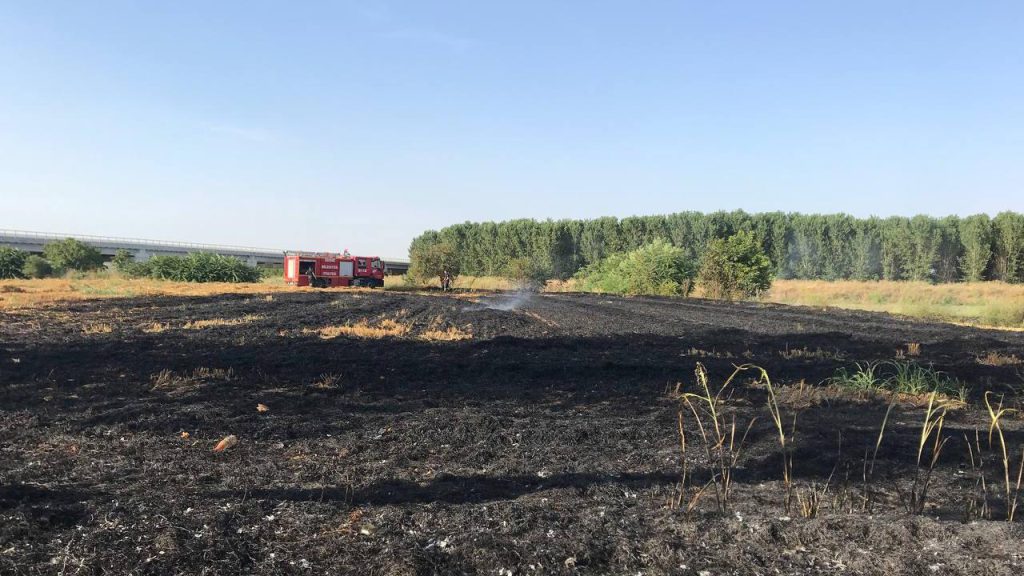The Agriculture and Forestry Directorate announced that burning stubble disrupts the physical, chemical, and biological balance of the soil, causing damage to the minerals in the upper and lower layers of the soil, leading to a decrease in the quality of food. The statement highlighted that burning stubble has been prohibited in the city to prevent its negative effects on the environment, public health, public order, safety, and the public properties.
The announcement emphasized that the toxic smoke produced by stubble fires, such as ash, particles, and carbon monoxide, significantly pollutes the air we breathe, directly threatening human health. Individuals with asthma, bronchitis, and COPD are more vulnerable to severe health issues due to this pollution. In addition, the smoke affects telephone and electricity poles and nearby residential areas. Wild animals feeding on stubble residue die, air pollution increases, visibility on roads decreases due to smoke, and traffic accidents causing loss of life and property occur. Furthermore, it was noted that burning stubble has no place in the religion and that every soul destroyed by this act will be held accountable before God.
It was mentioned that individuals burning stubble will face an administrative fine of 1933.95 Turkish Lira per hectare and will be excluded from agricultural support for a period of 5 years. The penalties are imposed in order to deter individuals from engaging in this harmful practice and to protect the environment, public health, and public properties.
The authorities aim to raise awareness among the public about the negative consequences of stubble burning and to promote sustainable and environmentally friendly agricultural practices. It is crucial for individuals to understand the impact of their actions on the ecosystem and take responsibility for preserving the environment for future generations.
The ban on stubble burning serves to protect the health and well-being of the community, prevent air pollution, and ensure the sustainability of agriculture. By enforcing strict penalties on violators, the authorities hope to deter illegal stubble burning practices and encourage farmers to adopt alternative methods that are both beneficial for the soil and the environment.
In conclusion, the prohibition of stubble burning is a step towards creating a healthier and more sustainable environment for all. It is essential for individuals to recognize the importance of preserving nature and to adhere to regulations that aim to safeguard public health and the ecosystem. By working together and respecting the land, we can build a better future for ourselves and the generations to come.


